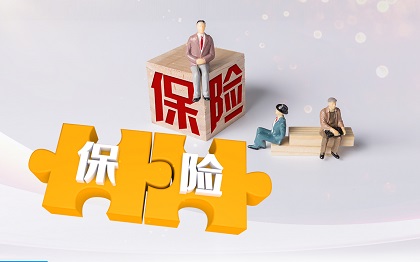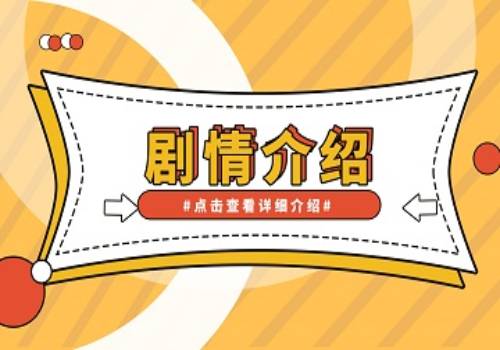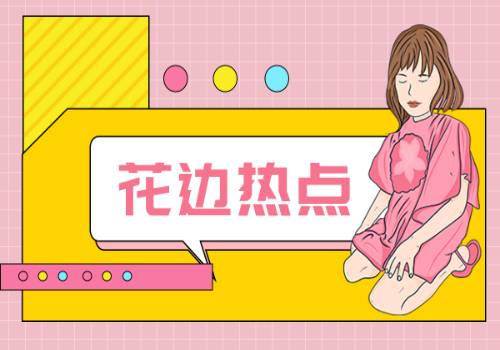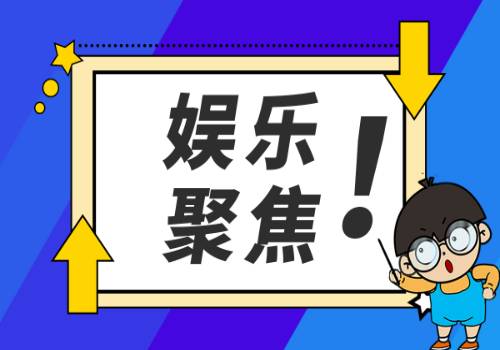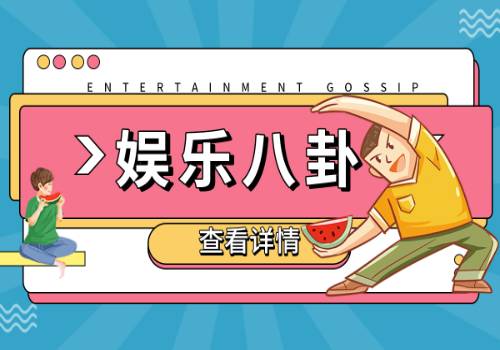世界观|就业史诗级难度?聊一聊历史上的“就职冰河期”-速读
 (资料图片仅供参考)
(资料图片仅供参考)
“越来越卷了!”今年的毕业生或想换工作的社畜们可能会发出这样一句感慨,学历就业经历双看重、考公考编数创新高、当前劳动力市场趋弱也许正在走向现实。
"I got tired of the rat race!" This year"s graduates or corporate slave looking to change jobs might say something like this,Emphasis on education and employment experience, the number of getting national civil servant examination reaches new high, a weakening Labor market may now be coming to fruition.
可能有人知道,就业市场不繁荣的原因有疫情后经济缓慢恢复、岗位短缺与错配等。
Some people may know that the reasons for the sluggish job market are the slow economic recovery after the pandemic, job shortages and job mismatches.
然而,以史为鉴,在日本,有一批人曾经历过“就职冰河期”,这一代现如今已成为了中年人。
However, draw Lessons from History, there is a group of people in Japan who went through the "employment ice Age" and are now middle-aged.
示意图 下同
什么是“就职冰河期”?
What is employment ice age?
1986-1991年的日本经济泡沫破裂后,理所应当紧跟着一代毕业生“落入了就职冰河期”,那一代人也被称为“迷失的一代”。
After Japan"s 1986-1991 economy bubble burst, It"s no surprise that a generation of graduates have fallen into the employment ice age, this generation is also known as the "lost generation".
从1990 年1 月开始,日本的股票价格和土地价格暴跌,导致所谓的“泡沫(经济)破灭”。
Starting in January 1990, Japan"s stock and land prices plunged, leading to the so-called "(economic) bubble bursting."
各大金融机构相继倒闭,在经济不景气的情况下,为了降低泡沫时期过度就业造成的用工成本,各家企业纷纷开始抑制招聘,甚至出现了员工在短时间内被迫解雇的情况。
Major financial institutions have collapsed, and in the midst of a recession, in an effort to reduce labor costs caused by overemployment during the economic bubble period, companies are holding back on hiring, and employees are even being laid off at short notice.
那段“就职冰河期”都发生了什么?
What happened in “employment ice age”?
那时,对于求职者飙升的不满,日本形容为“就职冰河一代的怨恨”。
At the time, Japan described soaring discontent with job seekers as the "resentment of the employment ice age".
当时,即使是大学生也有非正规就业,出现了以临时工、派遣工、兼职为主业的“飞特族”,和不给交保险的非正规工人人数激增。
At that time, even college students had informal jobs, and many of so-called “Job flyer” worked as temporary workers, dispatched workers, and part-time workers.
1999年时,日本采用了“试用期”制度,如果在试用期内不能胜任工作,将被立即辞退。
In 1999, Japan adopted the "probationary" system, in which those who fail to work during the probationary period will be dismissed immediately.
到了2005-2009年时,日本就业环境恢复,但由于近13年的限招,不少企业面临用工荒,工作环境恶劣的“黑企业”增多。
By 2005-2009, Japan"s employment environment recovered, but due to the nearly 13 years of recruitment restrictions, many enterprises are facing labor shortages, and the number of " Black-heart enterprises" with poor working conditions has increased.
此外,由于限招,员工的年龄结构分配不均,使得技能和技术难以传承,于是,企业开始大量招聘应届生,但已毕业找不到工作和工作多年想跳槽的人则面临严峻处境,
In addition, due to recruitment restrictions, the age structure of employees is not evenly distributed, making it difficult to inherit skills and technologies, as a result, enterprises have begun to recruit a large number of fresh graduates, but those who have graduated and cannot find a job and want to change jobs work for many years are facing a serious situation.
这也造成了应届生的就业焦虑。
This has also caused employment anxiety among fresh graduates.
因为日本非常注重新生代力量和老资历职员,形成了两个极端,中间的年龄断层使得一些从未有过固定工作和想跳槽的职员处于巨大劣势。
Because of Japan"s strong emphasis on young workers and experienced workers, forming two extremes, the age gap in the middle puts some workers who have never had a permanent job and want to change jobs at a huge disadvantage.
这点在日本被称为“职业生涯中期的招聘”,那些离职的人,如果不能积累足够的技能,就很难找到新的工作。
This is known in Japan as "mid-career recruitment", if those who leave their jobs without accumulate enough skills, have a hard time finding new jobs.
同时,日本以及一些国家的就业政策以应届毕业生为中心,没有政策的扶持,因为性别和年龄等原因被拒之门外的人比比皆是。
At the same time, the employment policy of Japan and some countries is centered on fresh graduates, those cannot find a job because of gender and age and other reasons are everywhere without policy support.
那么,你会说,这个世界上“也不全是应届生和有优秀履历的职员啊”,这点,大部分企业通过重新聘用低薪外部工人和返聘退休人员做弥补。
So, you may say, " fresh graduates and people with good resumes are not everywhere," and most companies make up for that by rehiring low-wage outside workers and rehiring retirees.
打破“大企业神话”,就业观应有转变
To break the "big enterprise myth", the employment view should be changed
这些历史记录了前人对成功和失败的感受,对当下的我们又有哪些启示?大环境难以改变,我们固有的思维模式是否应该转变?
What does this history tell us about previous generations" experiences of success and failure? The employment environment is hard to change, should we change our inherent thinking patterns?
曾经,“大企业神话”作为一种价值体系在经济不景气的日本社会中仍然非常顽固,前人们想要在一个大企业干一辈子的想法与现今我们中的某些人的思想不谋而合。
There was a time when the "big business myth" as a value system was still very persistent in economically depressed Japanese society, and the idea that people wanted to work for a large enterprise for a lifetime coincided with the idea that some of us have today.
但1998年,曾经被日本认为永远不会破产的银行之一北海道拓殖银行破产,到了2005年,日本业绩最大的证券公司山一证券也步入了解散之路,打破了人们对一毕业就进大企业安稳度日的美梦。
However, in 1998, Hokkaido Takushoku Bank, one of the banks that Japan once thought would never go bankrupt, went bankrupt, and in 2005, Yamaichi Securities, Japan"s largest securities company, also entered the road of dissolution, breaking people"s dreams of entering a large enterprise safely after graduation.
而后是终身任职思想的转变,日本传统的终身就业观在现今社会也经历了磨砺、转变。
Then came the change of the thought of life time commitment, and the traditional Japanese view of lifetime employment has undergone a sharpening and transformation in today"s society.
6月版《日本经济新闻》报道,日本想跳槽的年长员工人数大增,官方调查发现,45-64岁职员在今年前三个月,
The June edition of Nihon Keizai Shimbun reported a surge in the number of older Japanese workers looking to change jobs, with an official survey finding that workers aged 45 to 64 had change their jobs in the first three months of this year.
平均378万人表示想换工作,比2018年同期大幅成长超过30%。
An average of 3.78 million people said they wanted to change jobs, up more than 30% from the same period in 2018.
对于打工的社畜们而言,遇到“求职冰河期”是我们不愿意看到的,但据专家分析称,经历过这一时期的人更容易拥有客观的观点、高度专业化,并能掌握互联网查询资料等优秀技能。
For Corporate slaves, we do not want to see an " employment ice age ", but according to expert analysis, people who have went through this period are more likely to have an objective perspective, be highly specialized, and master excellent skills such as Internet research.
太多的话在此显得单薄,愿诸君加油!
All that words seems pale and thin here, wishing you all the best.
在前行时积累经验、保留对事物的感受,也许我们正经历不一样的风景。
Accumulate experience and retain the feeling of things as we move forward, maybe we are experiencing a different landscape.
(来源:正观新闻)
统筹:崔迎 金宸晔 实习生:朱宁 版权声明本稿件为独家原创,版权为郑州报业集团有限公司(正观新闻)所有,转载或者引用请注明来源及作者,如有违反,依法保留追究权。



















